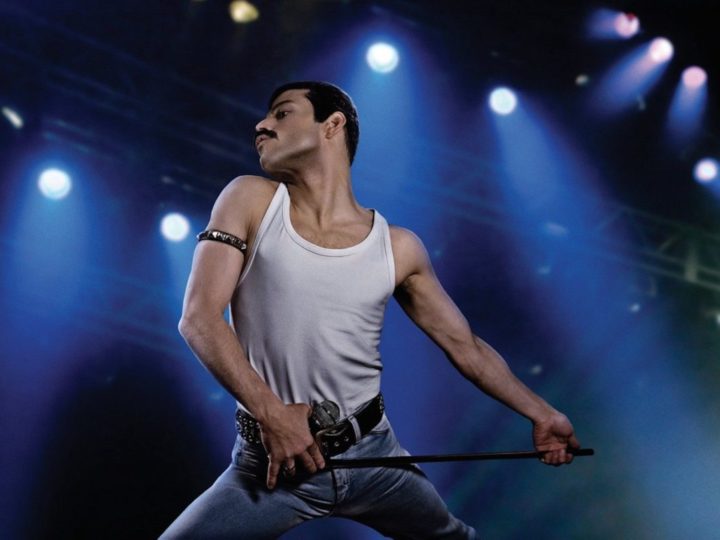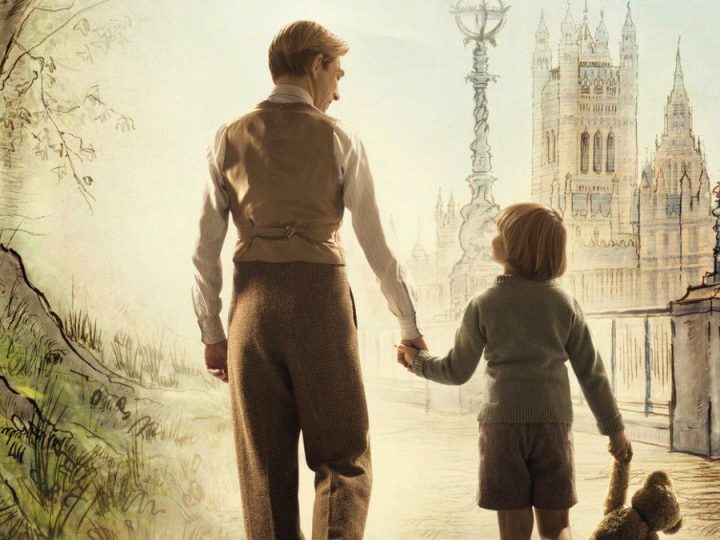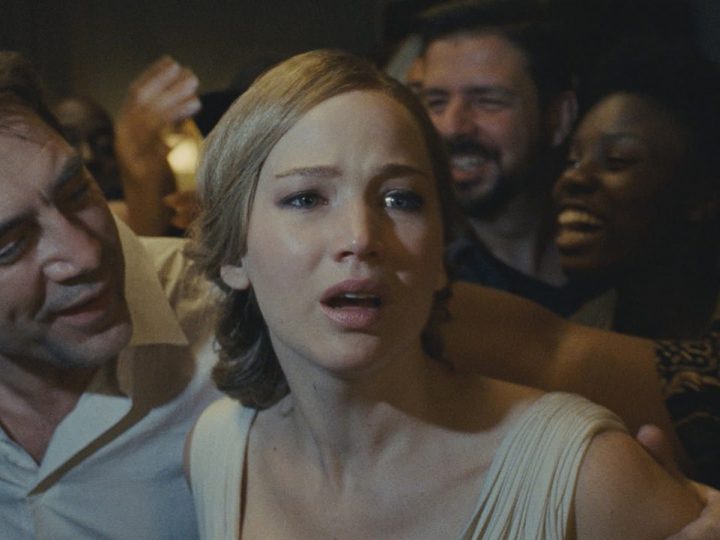 After her first movie “In the Land of Blood and Honey” in 2011, Angelina Jolie comes back with this new production which relates Louis Zamperini’s incredible life, an Olympic athlete and war hero. The final script written by the Coen brothers is based on Laura Hillenbrand’s bestseller “Unbroken: A World War II Story of Survival, Resilience, and Redemption” in 2010.
After her first movie “In the Land of Blood and Honey” in 2011, Angelina Jolie comes back with this new production which relates Louis Zamperini’s incredible life, an Olympic athlete and war hero. The final script written by the Coen brothers is based on Laura Hillenbrand’s bestseller “Unbroken: A World War II Story of Survival, Resilience, and Redemption” in 2010.
Unbroken is the true story of an Italian-American young boy who would have been a criminal but thanks to his brother, who discovered his ability pressed him to join the athletics team of Torrance high school. The World War II will change his life forever. The movie remains a classic of Hollywood cinema with a brave hero who will never give up despite all trials. Survival, redemption and forgiveness are the main themes. She paired with the Director of photography Roger Deakins (Prisoners, Skyfall and Fargo). Actually, the photography is beautiful and perfectly well worked. Deakins just got nominated to the oscar for best photography for this film. The light and the colors are also flawless. She is concerned about every detail. The directing is well done and sober.

The movie starts strong, you imagine yourself being an American crew member aboard Louis Zamperini’s bomber attacked by the Japanese air forces. This first part is interrupted with flashbacks on his childhood up to his route to the Olympics of 1936 in Berlin where he finished eighth on the 5000meter run with an unforgettable final. The story misses out the episode where Hitler congratulated him and shook hands with him. He had a personal audience with him and he also stole a Nazi flag of an official building, set by the German army. He later explained that he wanted to keep a souvenir from his stay in Europe. He shared Jesse Owens’s room, quadruples gold medalists on these Olympics. Unfortunately the movie did not mention all of these elements, which is a pity. It would have helped to give more depth and attachment to the character. But you can actually recognize the Führer in uniform in the stand of the stadium.
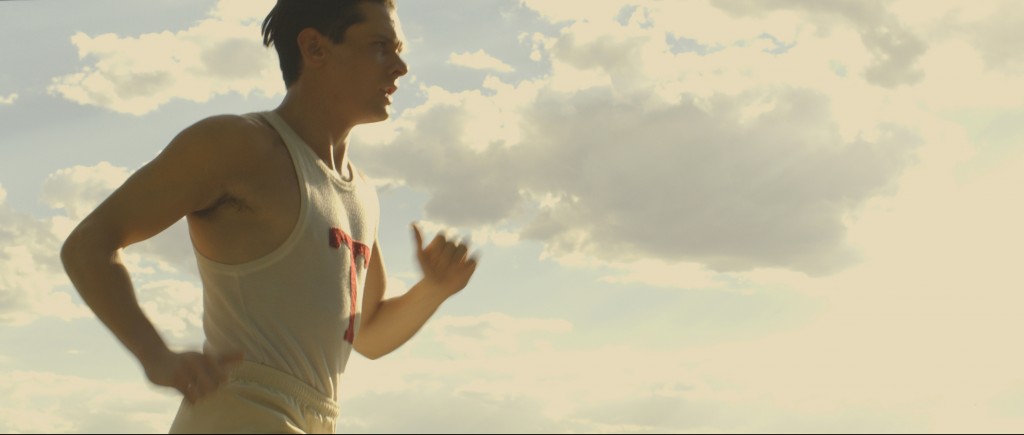
The actor Jack O’Donnell, 23 years old, plays Louis Zamperini. He was seen in “This is England”, “Starred Up”, “300: Rise of an Empire” and in the upcoming in “Tulip Fever”. The performance is awesome, and sincerely to discover a new great actor is refreshing. He is completely credible as an Olympic sportsman and a war hero. The scene of the survival in the sea is long but necessary. It represents 47 days adrift in the dangerous conditions of survival ( hunger, dehydration, harsh weather, sharks). The major part of the movie deals with his two last years in prison camps, filled with humiliations, suffering, beatings up and malnutrition. The relation between the victim Louis and his executioner Watanabe could have been subtler and more fascinating. You do not feel enough intelligence duality between the protagonists.
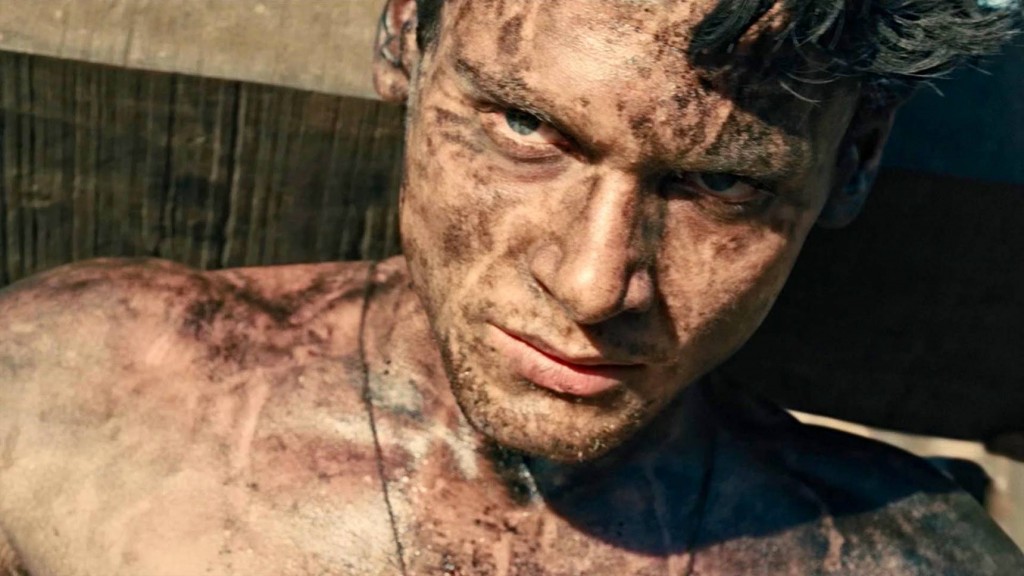
The hero has no opinion except his patriotic side. It will make him sent back to the prison camps because he does not betray his country by propagandizing against it on the Japanese radio as he would have been able to escape from his executioner’s power like some of his fellow countrymen. But he rather focuses on taking revenge on the pervert Watanabe. The character does not speak much; even though on the boat adrift he tries to motivates his camrades to hung on to their lives. What happens to this man is a tragedy as for many young men in this dark period for the History. You are upset by the violence of certain scened but you are not moved by them, even when he fights against the cruel and sadistic executioner.
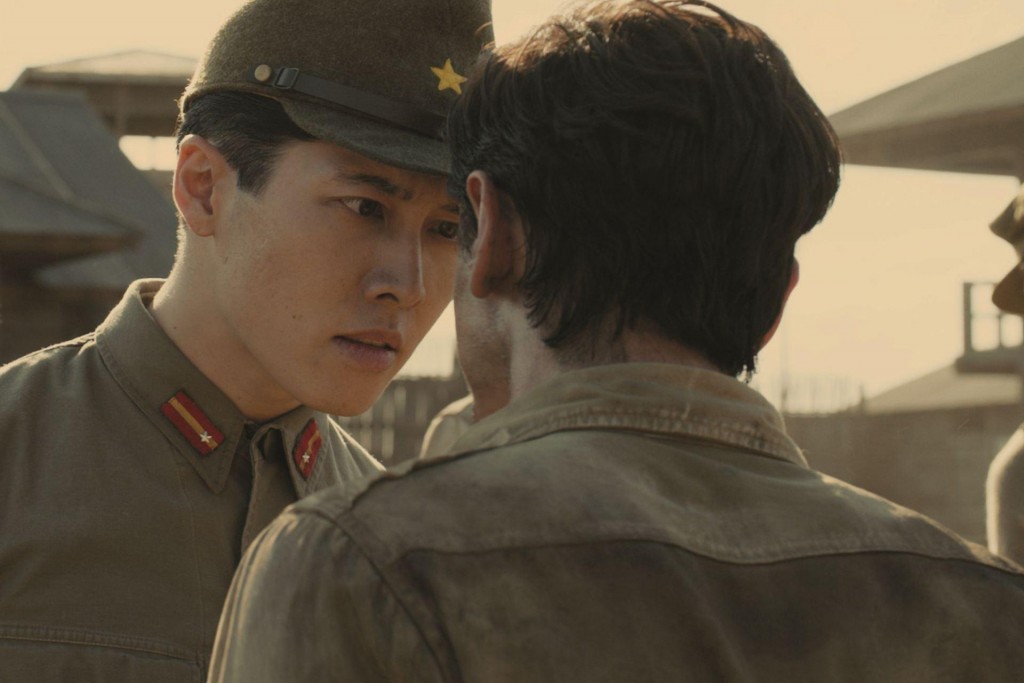
The music shows you the key moments and when you’re supposed to be overwhelmed. The famous scene of the 6 ft. long beam which he has to maintain over his head under the threat of being killed should have been the peak of dramatic tension. Unfortunately, it doesn’t work except in the beginning when you feel nervous and annoyed by Watanabe’s cruelty. But you actually know Louis is going to make it. You regret that the movie spends so much time on the torture and humiliation scenes. It is slightly too blank and superficial considering the characters’ development, the movie has a good pace; it only misses that “je ne sais quoi” that could make it a big movie. His life after the war is summarized before the credits by pics and Louis Zamperini’s videos followed by explanatory texts. You learn that the hero forgave his executioners especially merciless Watanabe but this one did not accept to meet him. By his will & courage, he achieved his Olympic dream: participate to the Tokyo games. The music and the sound are effective; Jolie hired one of the best composers in the movie industry French compositer Alexandre Desplat. The sound effects alike in the attack of sharks work just fine and you surprise yourself jumping with fright. The not very convincing song by Coldplay finishes the end credits. Last July, Louis Zamperini died at 97 years old and as anther proof of the incredible man he was, he was still skating at 81 years old.

